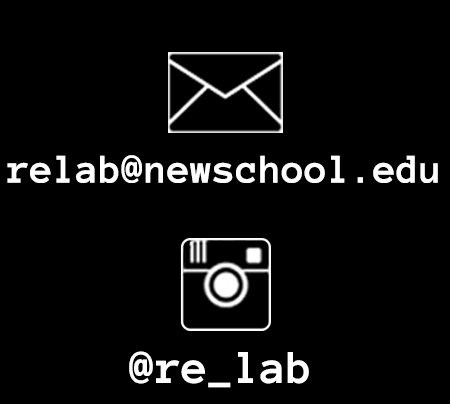Fall 2020 // Week 5 Discussion by Claire Haughey
Mattern’s Code and Clay continues to question the “myth of progress” discussed in other readings on Media Archeology. Part of the myth of progress in an extractive capitalist society is the repetition of groundbreaking technology that will disrupt society as we know it and improve it (bring us closer, making things more convenient, inspire word peace, etc).
Mattern points out that current innovations coming out of silicon valley around making cities “smart” is simply a continuation of that and we need to look more critically at whether or not those technologies are really addressing or advancing civic needs. Mattern writes, “are we to presume that Big Data and the “science” of urbanism make every- thing better, that citizens are better served when their agency is tethered in part to their functions as data points?”
It has gotten very popular to discuss making things, spaces, and media more equitable and inclusive, and it’s really important that we are capable of questioning who we are depending upon to build more equitable societies and what their incentives are. If private, for-profit technology companies are responsible for designing and implementing proprietary technology and their main incentive is to make money, how responsibly can they actually provide more equitable technology and more equitable city infrastructure.
I feel like something that keeps coming up for me, not only in these readings, but in current events and civil unrest in the US right now is the loss of community control. Issues around environmental pollution, policing, surveillance, etc all point back to a lack of community decision making or consent. The building of smart cities, especially using proprietary technology, locks us into a dependent relationship with a corporation rather than an elected governing body.
I’m trying to wrap my head around the idea of cities as media. When only looking at a modern society, that’s obvious. We literally communicate through our infrastructure, phones, cables, broadcast, wifi, etc. And while I agree with and have a basic understanding of how city infrastructure has always been a form of media, I’m still trying to wrap my head around what that actually means in layman’s terms. Kittler says that “urban environments as information processing, storing, and transmitting machine.” Which I can understand, but I think I would like to hear other people talk about how city’s mediate.
While reading Skageby’s What is Feminist Media Archeology, it was refreshing to have acknowledged the white/male aspect of their other reading from the previous week and the ‘boys club’ aspect of Media Archeology. However, for some reason I bristle at the idea of “Feminist Media Archeology.” Shouldn’t fields that “already supports a sensibility towards accommodating a wider range of perspectives” inherently include that: “Machines are never neutral. They are always already entangled in gendered, racialized and sexualized regimes of truth, saturated with (asymmetrical) power relations.” I’m not at all criticizing the points brought up in this piece, more the lack of inclusion from the beginning and structure of terminology. Feminist Media Archeology sounds like a subsection of larger body of work rather the body of work itself.


